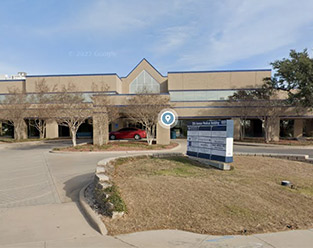How Is a Concussion Defined? What Are the Signs and Symptoms?
 When you suffer a blow to the head, there are two concerns that immediately come to mind. Have you sustained a concussion or traumatic brain injury (TBI)? Is there a difference between a concussion and a TBI, and if so, what is it?
When you suffer a blow to the head, there are two concerns that immediately come to mind. Have you sustained a concussion or traumatic brain injury (TBI)? Is there a difference between a concussion and a TBI, and if so, what is it?
What Is a Concussion?
First, let’s look at what we mean by a TBI. A TBI is any injury to the head caused by an external force, blow, shaking, or accident, as opposed to injuries caused by illness. Within the medical field, it’s common to refer to a mild-to-medium TBI as a concussion. Even if a concussion appears to be mild, it can have serious consequences. It’s always best to seek medical attention after any bump or blow to the head.
What Are the Common Signs and Symptoms of a Concussion?
There are many visible signs that a blow to the head may have caused a concussion:
- The victim loses consciousness (even if just for a few seconds).
- The victim is disoriented—doesn’t know where they are, doesn’t know what happened, or cannot remember events immediately before or after the bump on the head.
- If the blow to the head happens during athletic competition, the victim shows confusion about the game, the score, their assignment or position, or the opponent.
- The victim displays balance or stability issues or moves slowly or awkwardly.
In addition, the person who had the bump or blow to the head may notice the following symptoms:
- Nausea or vomiting
- Sensitivity to light or sound
- Blurred or double vision
- Headache or pressure in the skull
- Forgetfulness or inability to focus or concentrate
Contact Us to Set Up an Appointment
At Advantage Healthcare Systems, we have extensive experience working successfully with individuals who suffer a concussion or other type of TBI. Call us toll-free at 1-877-487-8289 or fill out the form provided below to schedule an assessment. We offer locations across Texas, including Fort Worth, Dallas, and San Antonio.





